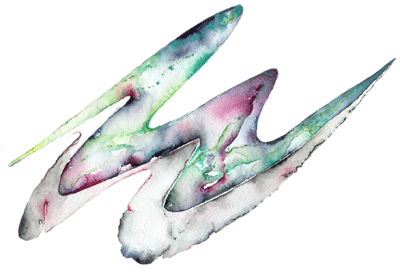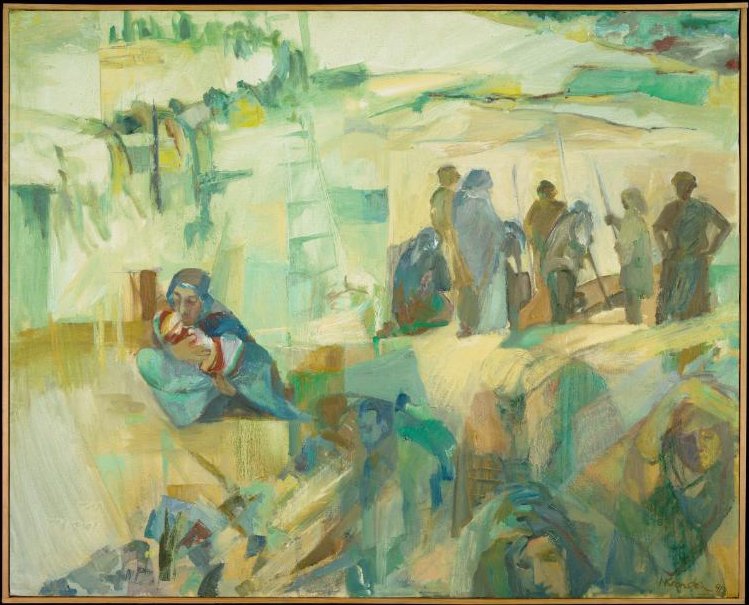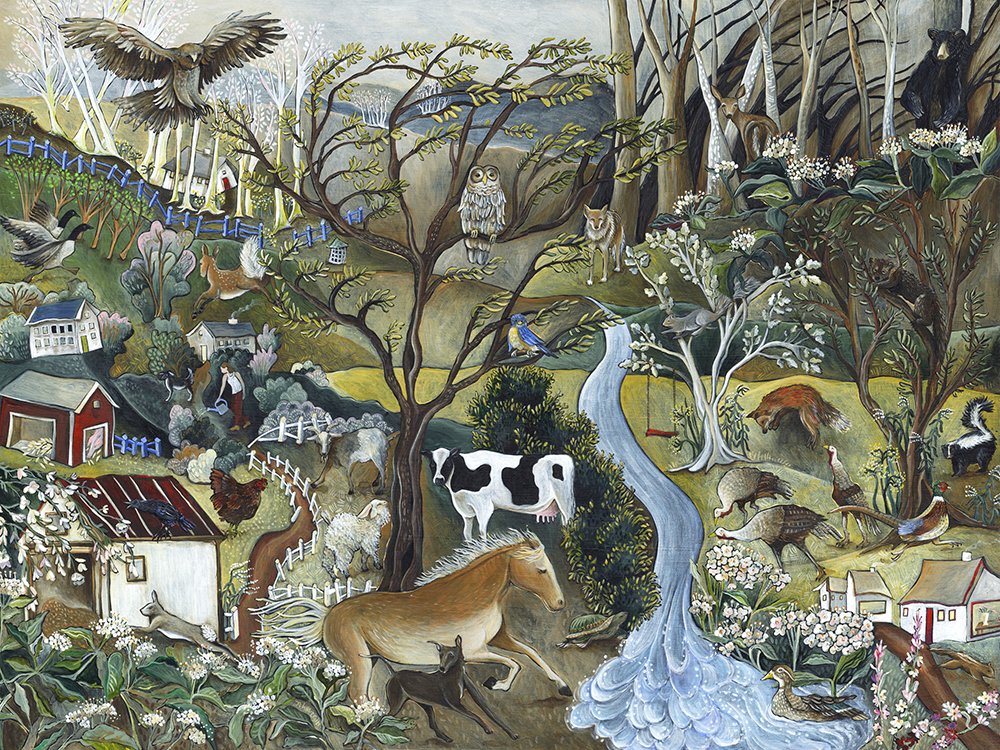Week 5 - Isaiah 42:1-9
We should be willing to act as a balm for all wounds. - Etty Hillesum
This week we’ll explore the first servant song in Isaiah. (There’s four servant songs in total in 2nd Isaiah). As I read 42:1-9, I imagined Jesus pouring over it too, his heart perhaps skipping a beat as he felt called by these ancient, beautiful words. The servant, chosen and given Yahweh’s spirit, will bring justice while paying attention to the most vulnerable, opening eyes of the blind and freeing prisoners. The servant will do Yahweh’s work and will be irresistibly energized and protected, despite suffering. Though the Christian church has often interpreted these verse to foretell Jesus, questions remain about who exactly the servant is.
I feel inspired by the servant song, but I also find myself wondering. Would I be as excited by this summons if I was fresh from exile like the Israelites? Suffering is a grind, crushing the spirit and making a person shut down behind a self-protective shell. “Who, me be a servant?” we might cynically say to Yahweh’s call. “I’m just trying to survive, never mind live for others.” As Brueggemann says, it is “anything but ‘natural’ in the midst of exilic despair” to move beyond self-absorption and be a servant. No matter, says Yahweh. The servant is to live for the vulnerable, even in exile. This is good news for people who are broken and flickering.
Reading these verses, I was reminded of the life of Etty Hillesum, a young Dutch Jew who died at the age of 29 in a concentration camp in 1943. Like her younger compatriot Anne Frank, she started writing a diary. Unlike Anne, Etty chose not to hide but to engage and embrace the suffering of her people. I read her diary, called An Interrupted Life, while in university, and her celebration of life in the darkest of places made a huge impression on me at the time. Etty had been an unhappy, moody young woman who had a spiritual awakening in the years before Auschwitz. Though she could have tried hiding, she entered suffering with indefatigable hope, calling herself the “thinking heart” of the barracks. She had love for people and love for God in equal measures. Instead of fleeing the Nazis, she saw it as her duty to assist her people in preserving their human dignity in the face of extinction. She believed that even her persecutors were created in God’s image. Her final diary entry ended with a prayer: “We should be willing to act as a balm for all wounds.” On the train bound for Auschwitz, she threw a postcard out the window which a farmer found. It said, “We left the camp singing.” They were her last words.
Her life and diary is a remarkable example of the servant described in Isaiah, a witness that joy and inner peace is possible in the face of persecution, suffering and death. The fact that God breathed on her made all the difference.
- Lydia
Reading: Brueggemann pages 41-45
Questions for Reflection
- Brueggemann describes the servant as being summoned out of exile to other work. Was there a time, past or present, when some purpose greater than yourself called you out of self-preoccupation?
- Identify some examples of suffering servants in modern-day history. What was it about those people that made them servants? In what ways did they suffer? (Remember that suffering is not just physical.)
- Isaiah 42:1 says that God delights in the servant, chooses him and puts his spirit in him. When we are depleted in energy and our vocation feels more burden than joy, what gets us in touch with the delight of God and the source of our discipleship?
image by Daniel Bonnell




